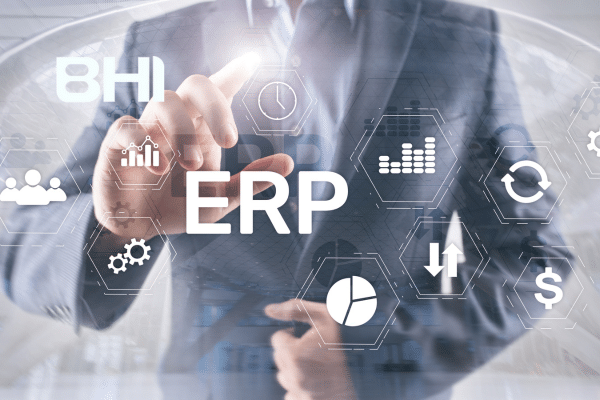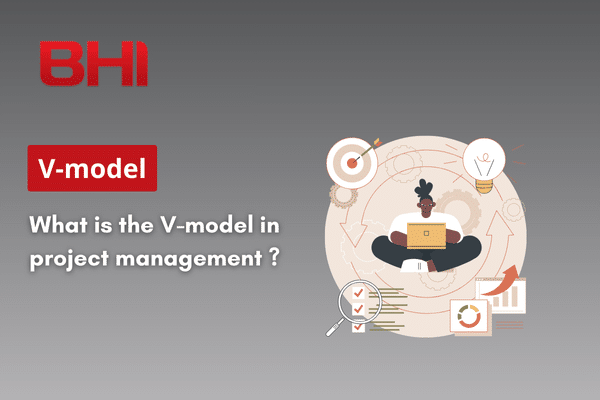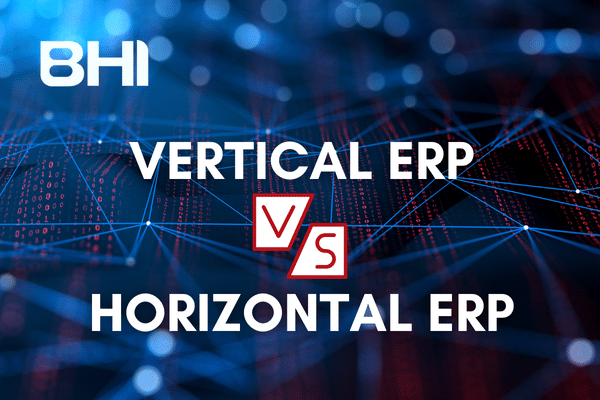Choosing an Enterprise Resource Planning (ERP) system is a crucial strategic decision that can transform the way your business operates. A well-chosen ERP can integrate various processes, improve efficiency, reduce costs and provide valuable information for decision-making. However, with the multitude of solutions available on the market, choosing the best ERP for your business can be a daunting task. This article will guide you through the essential steps involved in selecting the ERP that will perfectly meet your organization’s needs.
Understanding your business needs
Current Process Analysis
The first step in choosing an ERP system is to analyze your current processes. Identify critical workflows, pain points, and areas requiring improvement. This analysis will help you understand what you need from an ERP system, and define your functional requirements.
Goal definition
Clarify your long-term objectives and the results you want to achieve with ERP. Do you want to improve operational efficiency, reduce costs, improve inventory management, or optimize customer relations? Defining clear objectives will help you evaluate ERP solutions in terms of their ability to achieve these goals.
Evaluate ERP functions and features
Basic functionality
Make sure that the ERP covers the basic functionalities needed for your business, such as financial management, inventory management, order management, and human resources. Check that these functionalities are adapted to your business sector.
Specific modules
Some companies may need specific modules, such as supply chain management, production management, or CRM (Customer Relationship Management). Choose an ERP that offers specific modules relevant to your business.
Customization and flexibility
A good ERP should be flexible enough to adapt to your specific processes. Check out the customization options and make sure the ERP can grow with your business. The ability to integrate extensions and develop customized functionality is crucial.
Consider Architecture and Deployment
ERP Cloud vs On-Premise
Decide whether you prefer a cloud or on-premise ERP solution. Cloud ERP offers advantages such as lower initial costs, greater accessibility, and automatic updates. On the other hand, on-premise ERPs offer total control and greater customization, but require greater initial investment and in-house IT management.
Security and compliance
Data security is a major concern. Make sure your ERP meets the security and compliance standards specific to your industry. Cloud ERP must offer robust security measures, such as data encryption, identity and access management, and regulatory compliance (RGPD, HIPAA, etc.).
Evaluate costs and ROI
Total Cost of Ownership (TCO)
Evaluate the total cost of ownership, including subscription fees (for cloud ERP), licenses (for on-premise ERP), implementation costs, training, maintenance, and support. Compare these costs with your company’s budget.
Return on Investment (ROI)
Estimate the return on investment by analyzing the potential savings and efficiency gains that ERP could bring. Take into account expected improvements in productivity, error reduction and customer satisfaction.
Consider User Experience and Support
User interface
An intuitive, user-friendly interface is essential to ensure successful adoption of ERP by your employees. Test ERP interfaces to verify their ease of use.
Support and training
Customer support and training options are crucial. Choose an ERP provider that offers responsive technical support and comprehensive training resources. Webinars, online tutorials, and live training sessions can ease the transition and adoption of ERP.
Search and Compare Suppliers
References & Reviews
Seek out reviews and testimonials from existing customers to assess the reputation of ERP suppliers. Ask for references and contact other companies in your sector using these solutions to get feedback.
Demonstrations and trials
Request free demos and trials to evaluate ERP in real-life conditions. Involve key users in these trials to get feedback on the suitability of ERP for their day-to-day needs.
Planning the implementation
Preparation phase
Successful implementation requires careful planning. Define a clear project plan, including milestones, responsibilities, deadlines and resource requirements. Involve all stakeholders from the outset to ensure their commitment.
Change management
The transition to a new ERP system can be disruptive. Implement a change management strategy to help your employees adapt. Communicate clearly about the benefits of the new ERP and offer ongoing support during and after implementation.
Case Studies: Examples of Successful Choices
Company A: Manufacturing Sector
Company A, which specializes in manufacturing, was facing challenges related to inventory management and production planning. After an in-depth analysis, they opted for an on-premise ERP system offering production and supply chain management modules. Extensive customization and total control over data enabled significant optimization of production processes and reduced inventory costs.
Company B: Service sector
Company B, a service company, needed a flexible ERP to manage its projects and customer relationships. They chose a cloud ERP with integrated CRM and project management modules. Increased accessibility and automatic updates improved collaboration between remote teams and increased customer satisfaction.
Conclusion
Choosing the best ERP for your business is a complex decision that requires careful evaluation of your needs, objectives and available options. By following a structured approach and taking into account key criteria such as functionality, architecture, cost, user experience and support, you can select an ERP that will optimize your operations and support your company’s growth.
At BHI Consulting, we’re here to support you throughout this process. Contact us for personalized advice and to find out how we can help you choose and implement the ideal ERP for your business.

















